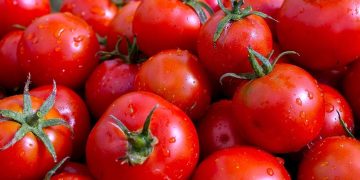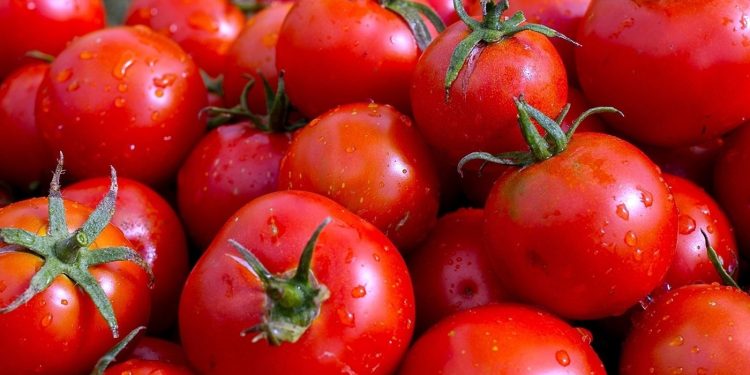Increased Tomato Output to Drive Economic Activity and Transportation Challenges
As the tomato season in Extremadura approaches its start at the end of this month, significant developments are underway that will impact both the agricultural sector and regional infrastructure. According to the Union of Agricultural Producers and Farmers of Extremadura (UPA-UCE), the region is set to produce a remarkable 2.2 million tons of tomatoes this year, a substantial increase from the previous year’s output. This surge in production will involve extensive logistics operations, with over 1,500 truck journeys expected daily between tomato fields and processing facilities.
Production Outlook and Transportation Logistics
Extremadura’s tomato production is poised for a major expansion this season, with an anticipated yield of 2.2 million tons. This volume represents a significant increase compared to last year’s figures and will require a robust transportation infrastructure to manage the scale of the harvest. The logistical challenge includes approximately 100,000 truck rides between the fields and the processing plants by the end of the season in early October.
To support this increased transportation demand, the Spanish government has developed a comprehensive road safety plan. This plan includes intensified truck checks to ensure compliance with safety regulations and prevent issues such as overloading. José Luis Quintana, the government delegate, reported a 24% increase in truck inspections and an 11% reduction in complaints last year. However, there has been a rise in fines related to overloading and improper waste disposal practices.
Challenges and Concerns
Despite the substantial boost in production, there are concerns among producer organizations about the current state of the region’s roads. Ignacio Huertas, Secretary General of UPA-UCE, has highlighted the poor condition of some roads, which exacerbates risks and contributes to increased fines for transporters. During recent discussions, Huertas urged against intensifying inspections during peak production periods, arguing that such measures could disrupt the harvest process.
Huertas also raised the issue of road maintenance with the government delegate, who has committed to forwarding these concerns to the relevant municipal and regional authorities for resolution. The goal is to balance the needs of safe and efficient transportation with the imperative of maintaining road safety and infrastructure.
Efforts and Future Prospects
The UPA-UCE acknowledges the inconvenience caused by the increased truck traffic but emphasizes the critical role of the tomato sector for Extremadura’s economic prosperity and employment. “We apologize in advance to the people because we have to move more than 2.2 million tons in a few months. It’s an inconvenience, but this is a fundamental sector for the prosperity and employment of Extremadura. We will carry out this work taking all necessary safety measures to guarantee security,” Huertas stated.
Looking ahead, the successful execution of this season’s tomato harvest will depend on effective collaboration between producers, transporters, and government authorities. By addressing road conditions and maintaining rigorous safety protocols, Extremadura aims to achieve its production targets while supporting the region’s economic stability.































